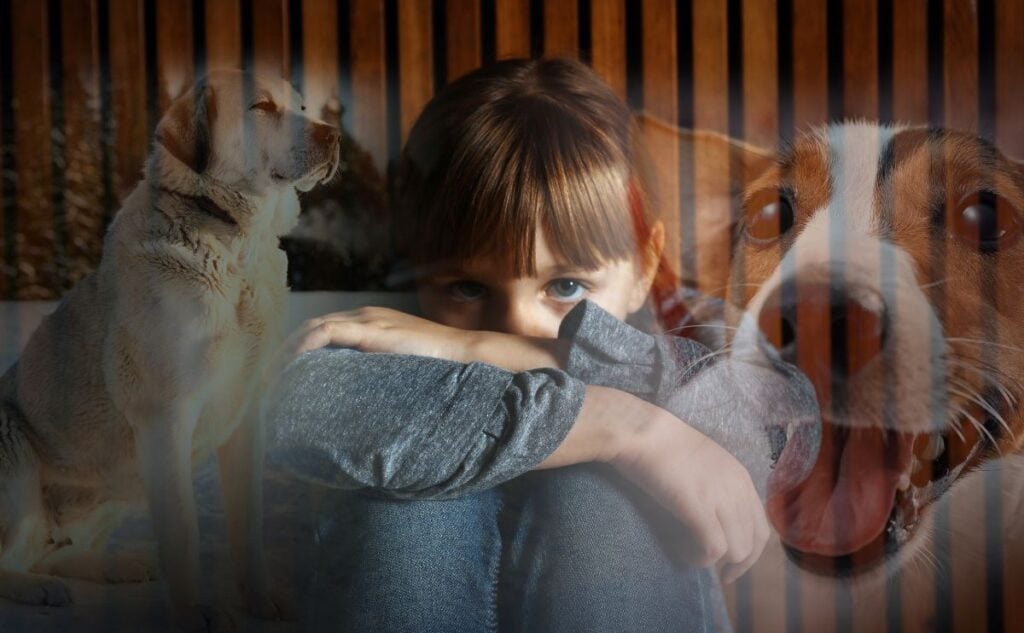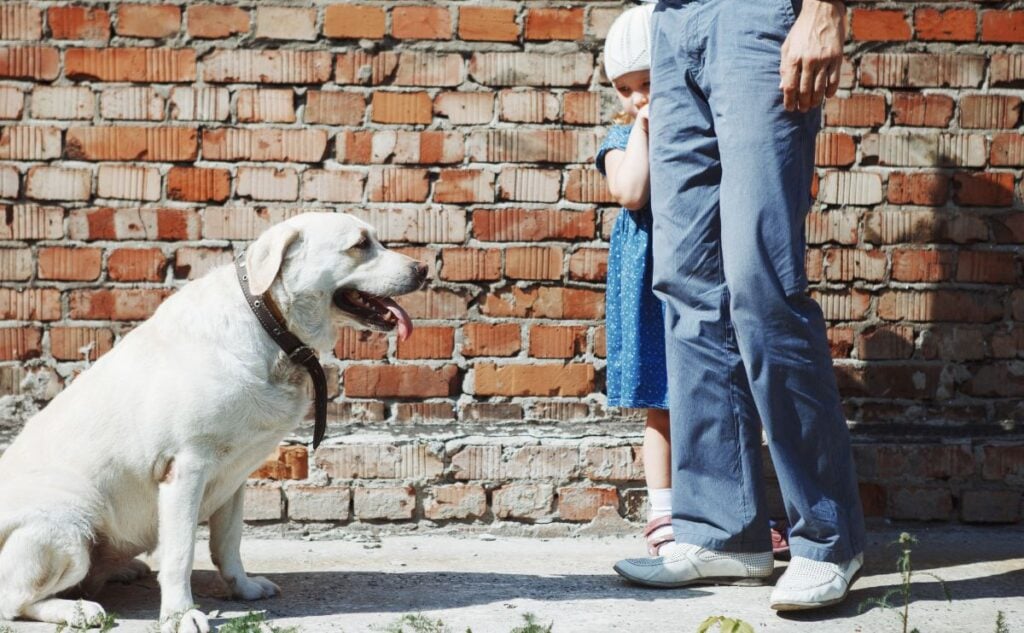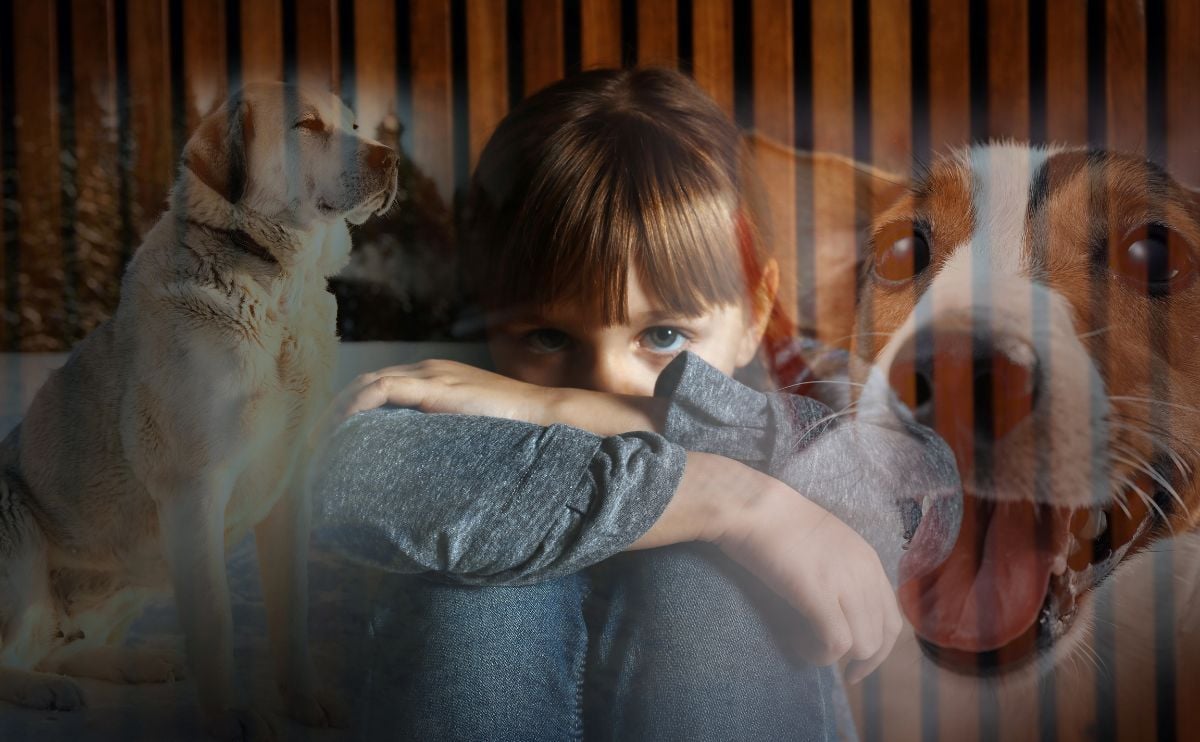Imagine a friend—let’s call her Jane—who doesn’t just dislike dogs but actively despises them. She can’t pinpoint the reason, yet her aversion runs deep. Sound familiar? Maybe you’ve wondered why someone (or even yourself) might not share the universal adoration for these furry companions. For dog lovers, it’s puzzling, but there’s psychology at play here. Let’s explore the statistics, underlying reasons, and societal dynamics around disliking dogs.

What Do the Numbers Say About Dog Dislikers?
In a world obsessed with dogs, admitting you don’t like them isn’t easy. Social stigma likely silences many, making hard data scarce. A 2010 survey of nearly 2,000 U.S. adults found only 2% “dislike dogs a lot”—far lower than the 15% who disliked cats. Is cat dislike more socially acceptable? Online discussions, like a Reddit thread asking “How many secretly dislike dogs?”, reveal a taboo around dog aversion, with estimates ranging wildly but consensus that many stay quiet.

The Psychology of Disliking Dogs
Disliking dogs often stems from subconscious or conscious triggers. In extreme cases, it can become cynophobia—a severe fear causing anxiety or panic attacks at the mere thought of dogs. Let’s break down common causes:
1. Lack of Exposure
For some, dogs are simply unfamiliar. Without childhood or regular interaction, these animals feel foreign. Humans naturally fear the unknown, so discomfort with dogs can stem from never learning to understand them.
2. Traumatic Experiences
A past attack, bite, or even being chased by a dog as a child can leave lasting scars. These events heighten vulnerability to cynophobia, turning a bad memory into a deep-seated aversion.
3. Perceived Poor Behavior
Untrained dogs jumping, begging, or invading personal space (like sniffing) annoy even dog lovers. For those who’ve only met unruly pups, it’s easy to blame the dogs themselves—though poor training, not the dogs, is often the real issue.
4. Odor Sensitivity
Dogs have a distinct smell—mildly musky to some, overpowering to others. Owners grow accustomed, but scent-sensitive individuals may find it off-putting, reinforcing their dislike.
5. Upbringing Bias
Growing up in a household that views dogs as “outdoor only” or “dirty” shapes attitudes. If parents frame dogs negatively, children often carry that bias into adulthood without positive experiences to counter it.
6. Religious Beliefs
While no religion universally rejects dogs, some branches of Islam, for example, consider them ritually impure, discouraging close contact or ownership.
The Stigma of Being a Dog Disliker
Our pro-dog culture often stigmatizes non-dog lovers. Phrases like “You can’t trust someone who dislikes dogs” or “My dog’s opinion of you matters” create pressure. This stigma affects relationships—dating profiles often demand “dog lovers only,” and friendships can strain if someone admits aversion.
A Safe Space for Dog Aversion: Online Forums
Platforms like Reddit’s r/Dogfree (with 71K members) offer a safe space for dog dislikers. Members share frustrations with “cult-like” dog culture, recount being shamed, and critique unsanitary or unruly dogs in public spaces. As one member put it, “Admitting I don’t like dogs makes me the villain.”
Respecting Dog Dislikers
Disliking dogs is valid, with varied roots. Instead of pushing others to love your pet, focus on training. Teach your dog to stay calm, avoid jumping, and minimize barking—whether at home or in public. Well-mannered dogs make interactions easier for everyone, regardless of their feelings toward canines.
Why Trust This Perspective?
This insight comes from years of research by experts in pet health and behavior. Our team combines professional expertise with personal experience as dog owners, ensuring balanced, reliable information to help both dogs and the people around them.

